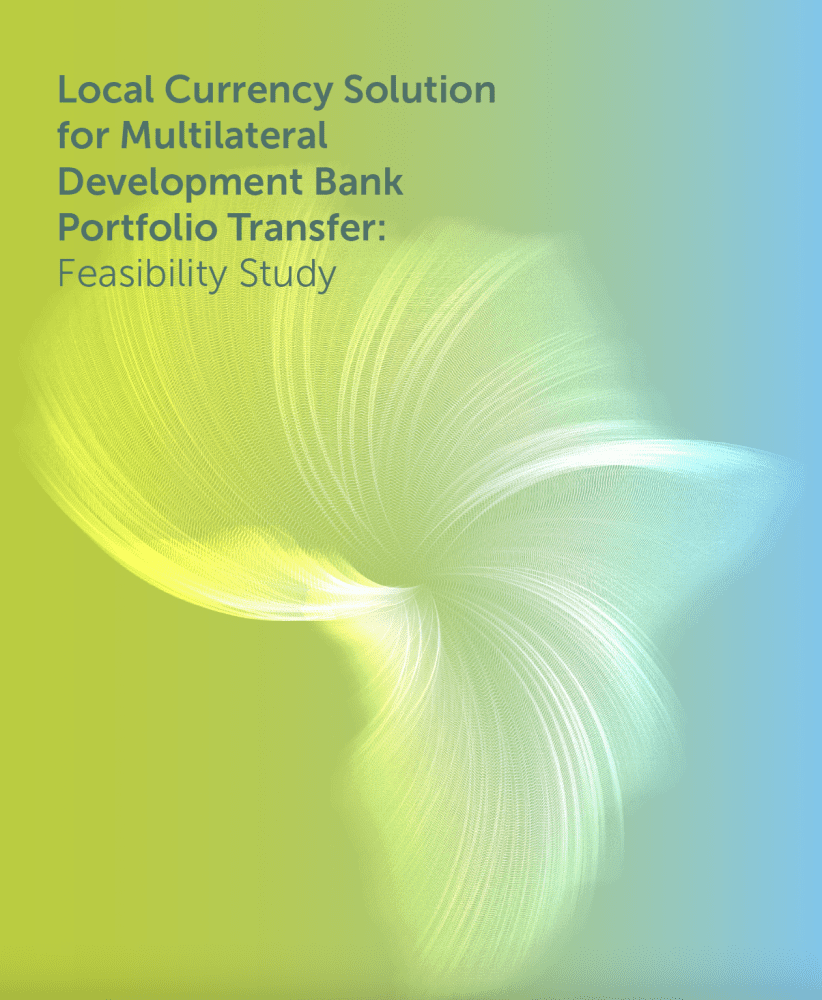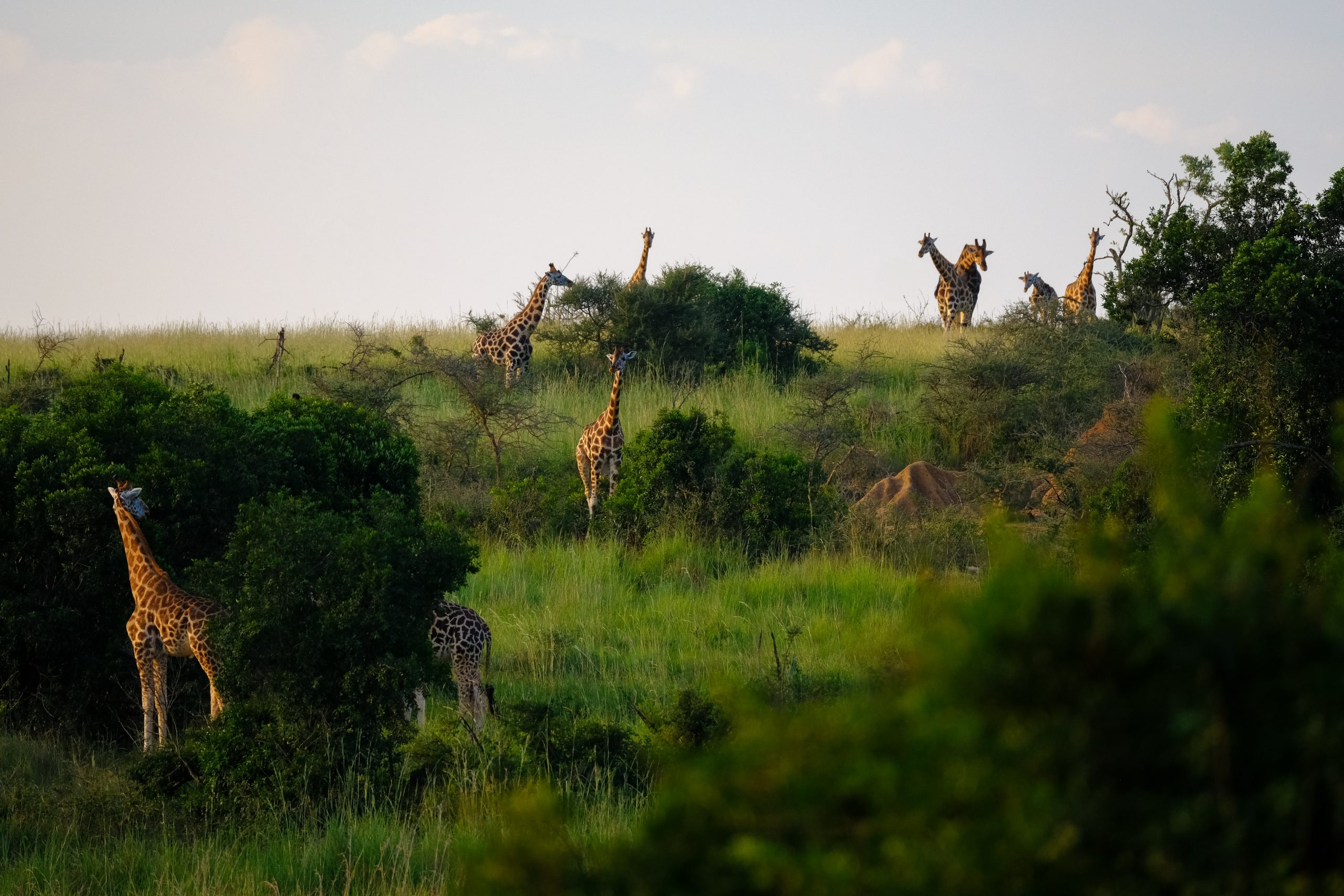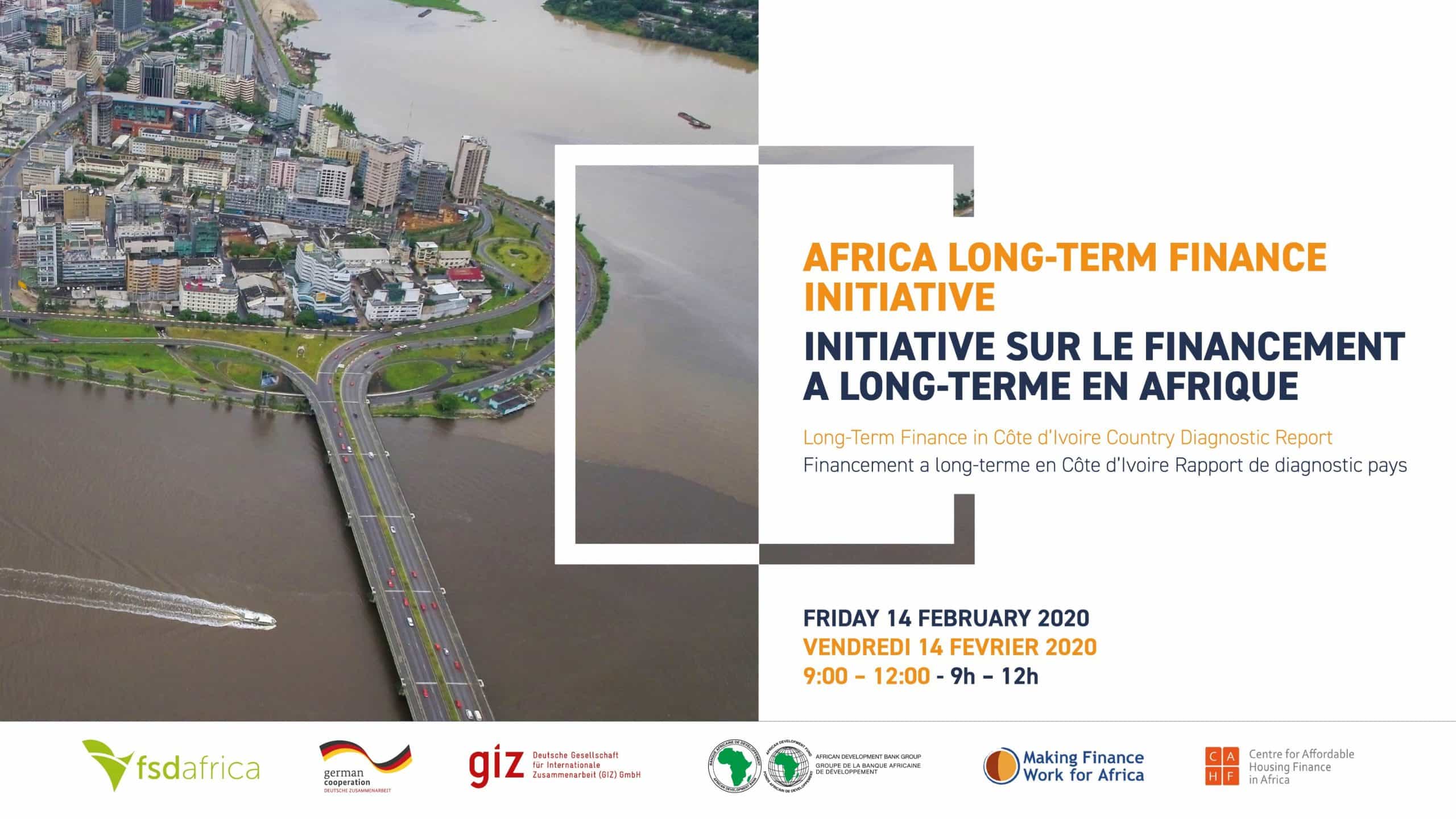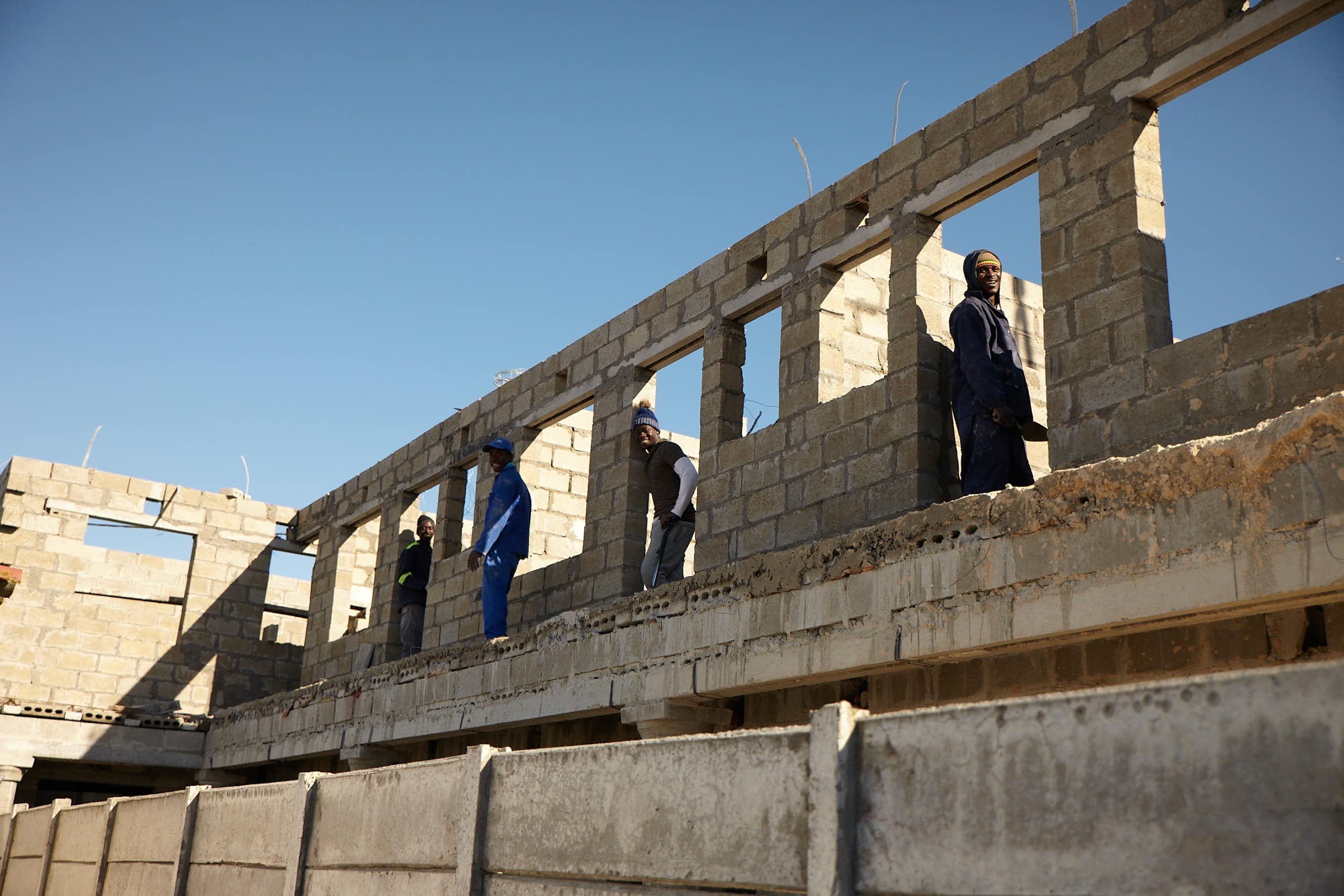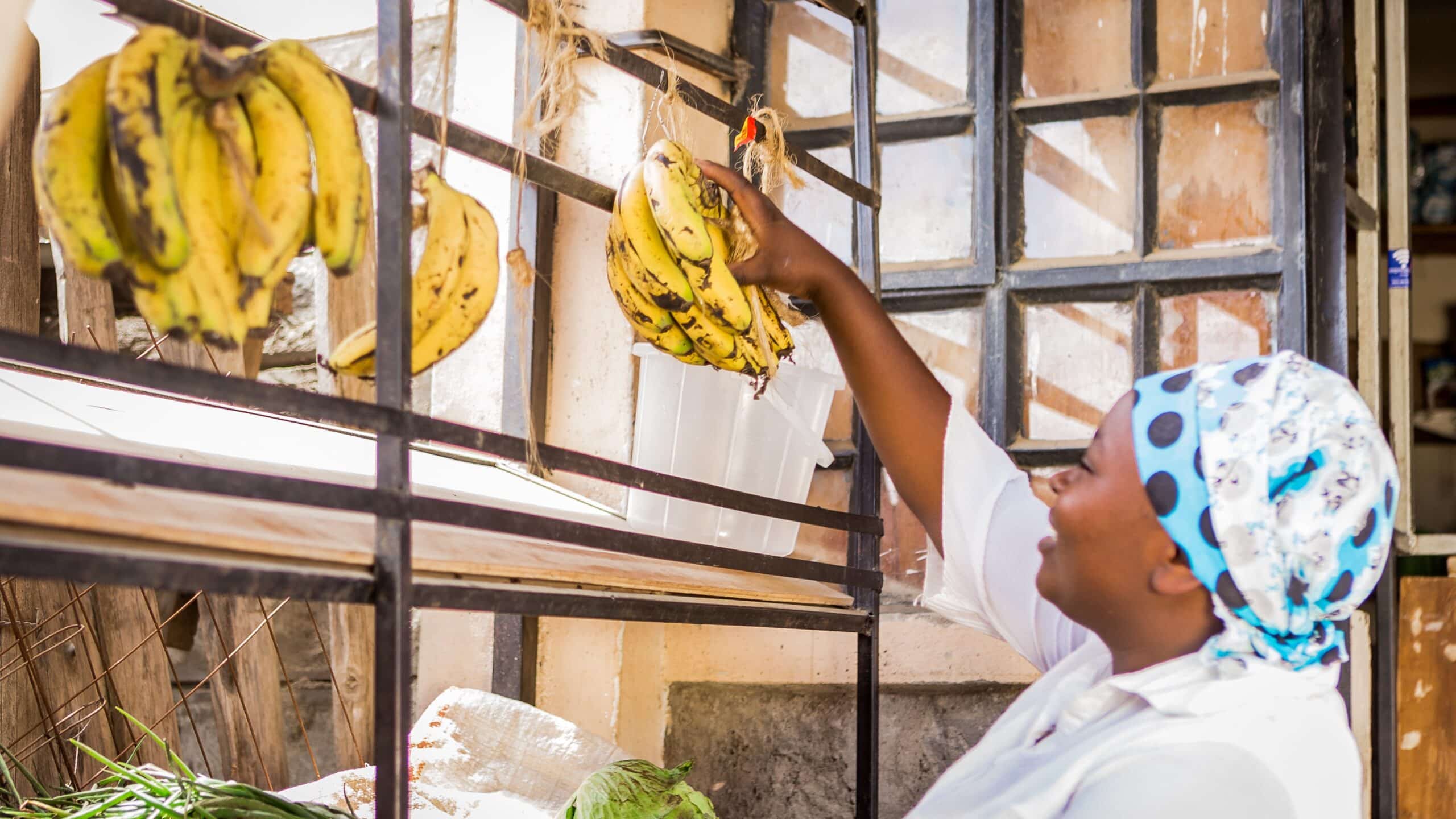Access to insurance across sub-Saharan Africa (SSA) is still very low and estimated to cover only around 5.4% of the population (approx. 61.9m people)[1]. Most of this coverage is represented by life insurance products, the penetration of which still pales in comparison to most developed markets. In these markets, insurance products are part of the financial landscape and are more of an expectation rather than the exception. However, attitudes of insurers in SSA are changing. Financial Sector Deepening Africa’s (FSDA) work with the International Labour Organisation (ILO) has shown that insurers across the continent are looking to serve the market on a larger scale and through new channels.
Financial Inclusion has come a long way. Not long ago, the widespread definition of what it means to be “included” would only focus on access to a bank account. Thankfully, that notion has changed. A broader definition of the term has led to the development of many more services and ways to help lift the poor out of poverty – mobile money being the most prominent example.
Over the years, donor organisations (and market players) have understood that bank accounts are not enough to replace the abundance of products currently being used by people at the bottom of the pyramid. An in-depth look at the financial choices made by Kenyans in 2014 showed that the average household uses 14 different financial products.[2] Basically, the majority of people who have informal jobs are constantly juggling financial products, just to get by. About half of the respondents surveyed had an insurance product (directly or through welfare groups). However, effective use of formal insurance was low.
Improving and expanding insurance products for the poor
FSDA is in partnership with the ILO to expand microinsurance penetration in SSA thus helping poor people protect themselves against economic shocks. The FSDA funded project is looking to develop and grow new and existing microinsurance products across SSA[3], focused on the needs of the customer at or near the bottom of the pyramid. Together with the ILO’s Impact Insurance Facility, FSDA will work with five insurers and/or distributors in four countries – Kenya, Nigeria, Cote d’Ivoire and Ethiopia. The project will provide an inclusive financial service to more than one million low income people and micro, small and medium-sized enterprises (MSMEs) who will gain access to insurance products that protect them from life’s surprises.
Creating relevant microinsurance products
Most of the continent’s large insurers are bureaucratic and focus on standard general and life insurance products. Not only are these products unaffordable to the bottom of the pyramid, but most people do not qualify for the products as they usually require formal employment. In a context where informal employment is estimated to be between 60% and 80% across Sub-Saharan Africa, this excludes a large part of the population.
Change Management
Insurance organisations need to change people, systems and processes of how they approach the SSA market. Ultimately, there is work to be done to help move these insurance companies & distributors from providing an exclusive product to becoming an inclusive provider. FSDA’s project will involve supporting consultants to work within the selected insurance institutions for three years to help them manage the change from within. These consultants will work to deliver and develop services that are designed to help insurers expand their reach and become both profitable and highly scalable.
Partner Selection
Insurance is an important part of financial inclusion as it helps people to prosper and mitigate risk necessary to grow productive businesses. To ensure that capable and willing partners were found to drive this market-wide change of the insurance market, FSDA opened applications to insurance companies across the continent who are looking to change their target market to include the financially underserved. The application process was open from December 2015 to mid-January 2016 and attracted over 32 proposals from East, West, and Southern Africa. The number and quality of these applications show that the Sub-Saharan insurance industry is ready for a paradigm shift in their approach to microinsurance.
Mobile channels are boosting product access
Majority of applicants for the funding wanted to build on the rapidly growing mobile channel in all of their respective markets. The increasing presence and growth of the mobile channel has helped to boost inclusion of access to financial services.
Insurers are recognising the different needs of their markets. However, regional differences remain and reflect the level of development of the existing insurance market. For example, many proposals from West Africa, a much more nascent insurance market, focused on providing the simpler products, such as health or life insurance. By contrast, in East Africa, insurance was focused on complex products, such as weather-based index insurance or insurance for small and medium enterprises.
The insurance space in Africa is rapidly evolving and FSDA’s role will be to guide motivated and committed insurers to make the changes necessary to grow their footprint in the underserved market.
[1] The Landscape of Microinsurance Africa 2015 Preliminary Briefing Note by Microinsurance Network.
[2] Kenya Financial Diaries; August 2014
[3] Kenya Financial Diaries; August 2014

